(Inter)national Artists
The icons of Polish visual art – Natalia LL, Witold-K, and Łódź Kaliska; the Polish Stan Lee, who discovered Andrzej Sapkowski; Krakow’s film legends: Wojciech Jerzy Has, Mieczysław Jahoda, and Jerzy Kucia, as well as the nooks and crannies of the National Stary Theater. These are the heroes and heroines of this year’s Polish Documentary Panorama at the Krakow Film Festival.ym.
This year’s panorama is purely artistic, with no room for other areas of human activity. These titles could adorn any art film competition. Perhaps such a competition should appear at our festival? – comments Krzysztof Gierat, the director of the Krakow Film Festival.
Krakow’s Legends
Hailing from Krakow, one of the most distinctive creators in the history of Polish cinematography, Wojciech Jerzy Has is the hero of the documentary Description Found Years Later (dir. Sławomir Rogowski, Stanisław Zawiśliński). Has’s life was marked by moments of cinematic triumphs and personal tragedies. As an uncompromising individualist completely devoted to his creative output, he was willing to make the greatest sacrifices to realize his unique artistic visions.
The next hero of the section is one of Has’s collaborators – cinematographer Mieczysław Jahoda, a pioneer in filming techniques and a master of mood. He introduced new cinematographic technologies: he made films in the widescreen Cinemascope system and on Kodak’s Eastmancolor film. The documentary Mieczysław Jahoda. Wizard from Krakow (dir. Wiktor Skrzynecki) features a host of filmmakers and film scholars reminiscing about the master of the new aesthetic in Polish cinema.
It is impossible to talk about animated film without mentioning Jerzy Kucia – director, teacher, and a “total” artist. He is the subject of Maria Pisarek’s documentary. For years associated with Krakow, Kucia has won countless international awards, including the Dragon of Dragons for his contributions to world animation. Artists like Piotr Dumała, Marta Pajek, and Marcin Giżycki discuss the influences and inspirations of his art in Between Picture and Sound. Jerzy Kucia.
Not only people but also places are in the spotlight. The program includes a documentary profile on the famous Helena Modrzejewska National Stary Theater in Krakow. In Stary (dir. Magda Hueckel, Tomasz Śliwiński), the camera walks its corridors and uncovers secrets hidden within its walls. It guides us through places otherwise inaccessible to the audience, encountering real and legendary figures associated with this place. It is also a story about the people of the theatre who, since its inception, have worked on its reputation and recognition. Successes are intertwined with painful memories, and anecdotes add flavour to the story.
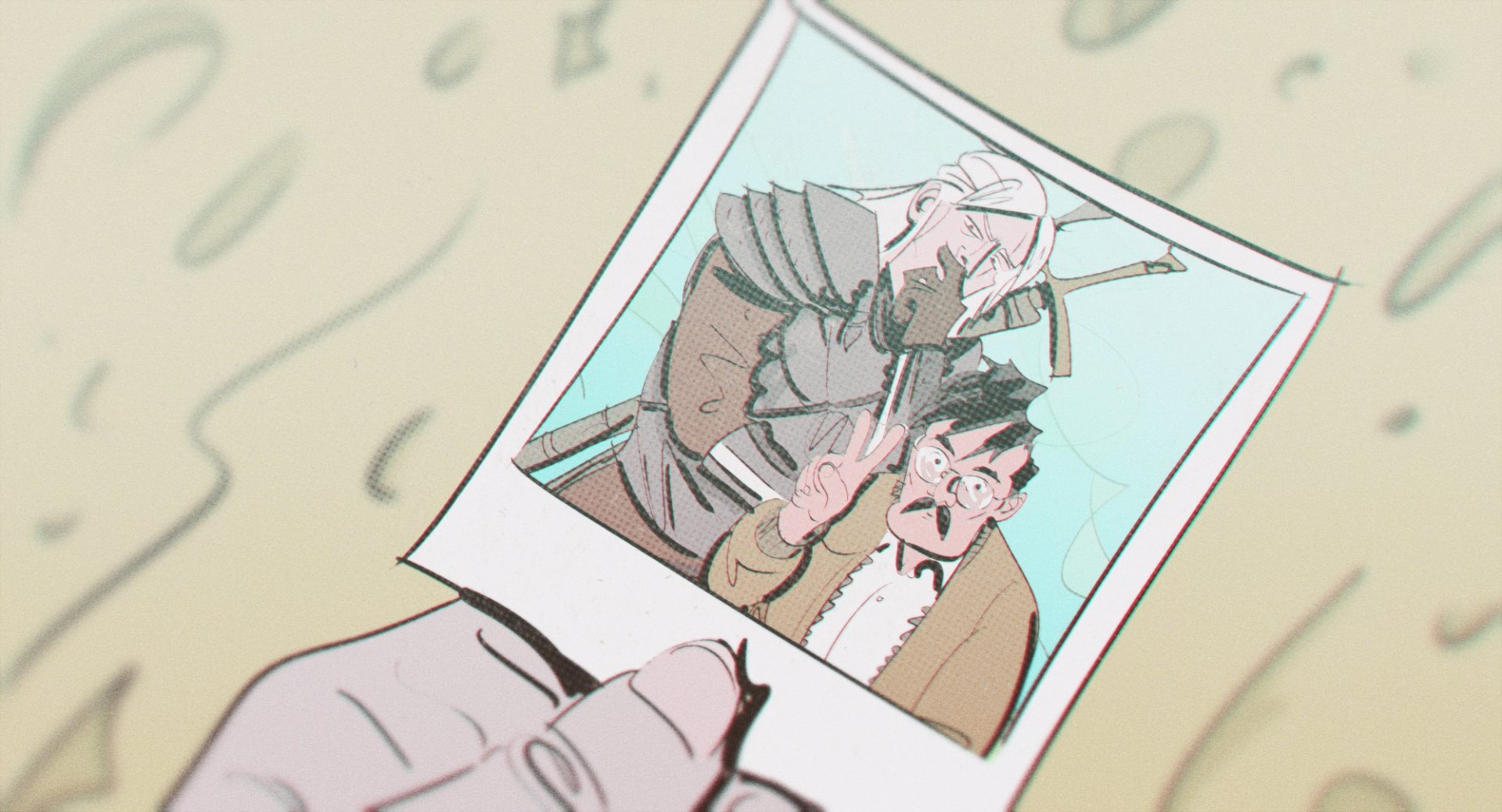
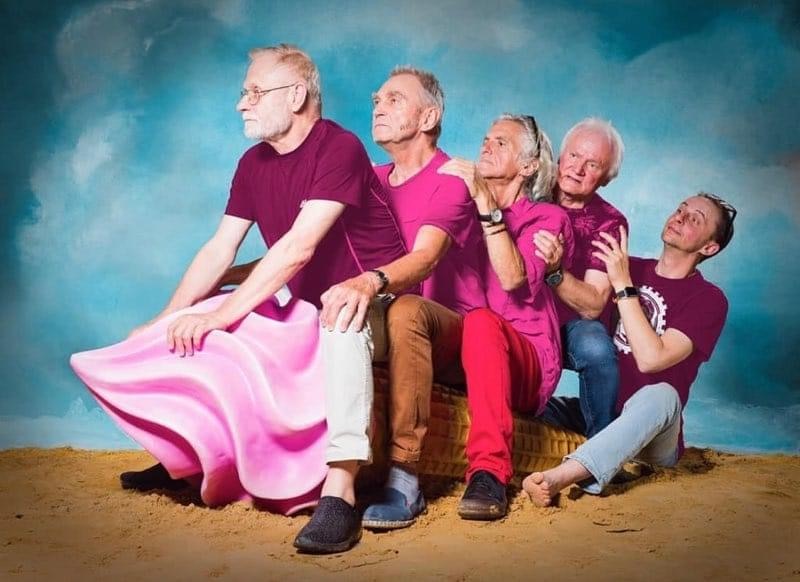
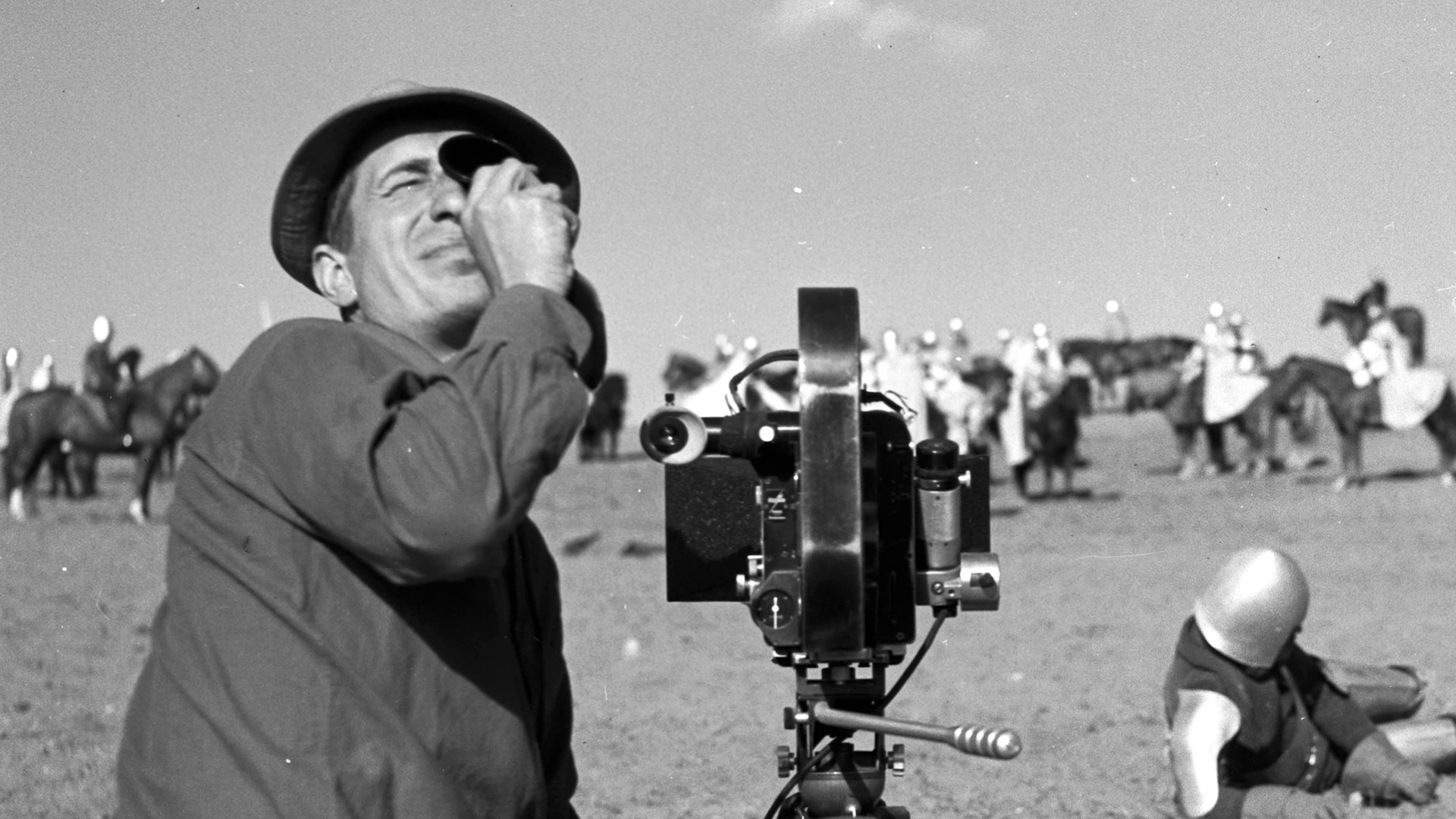
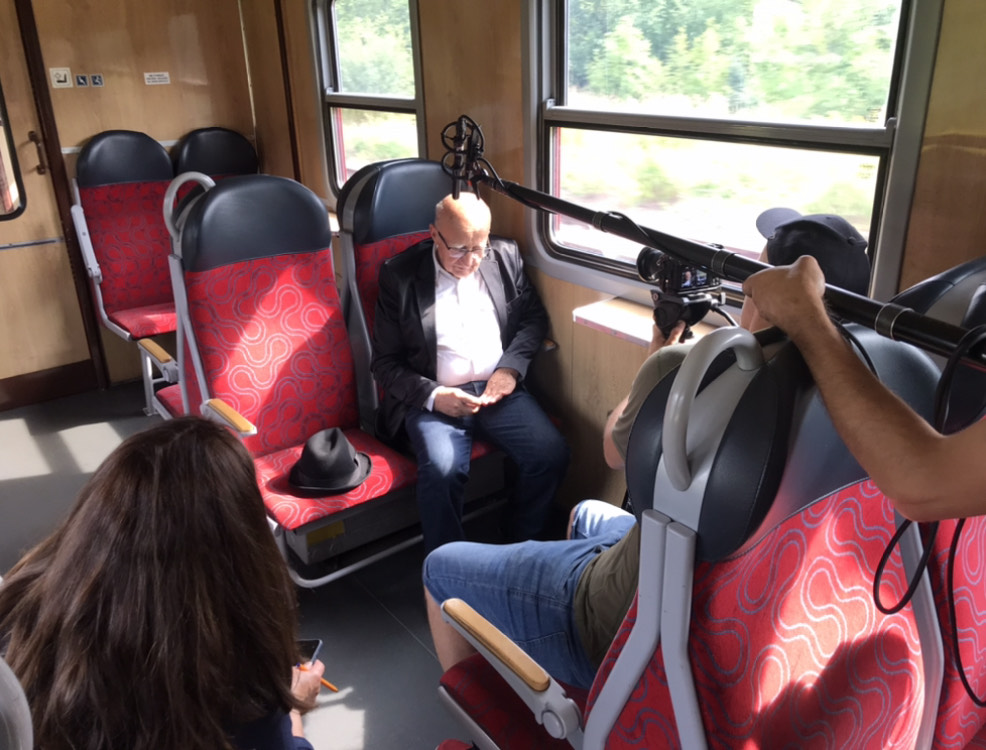
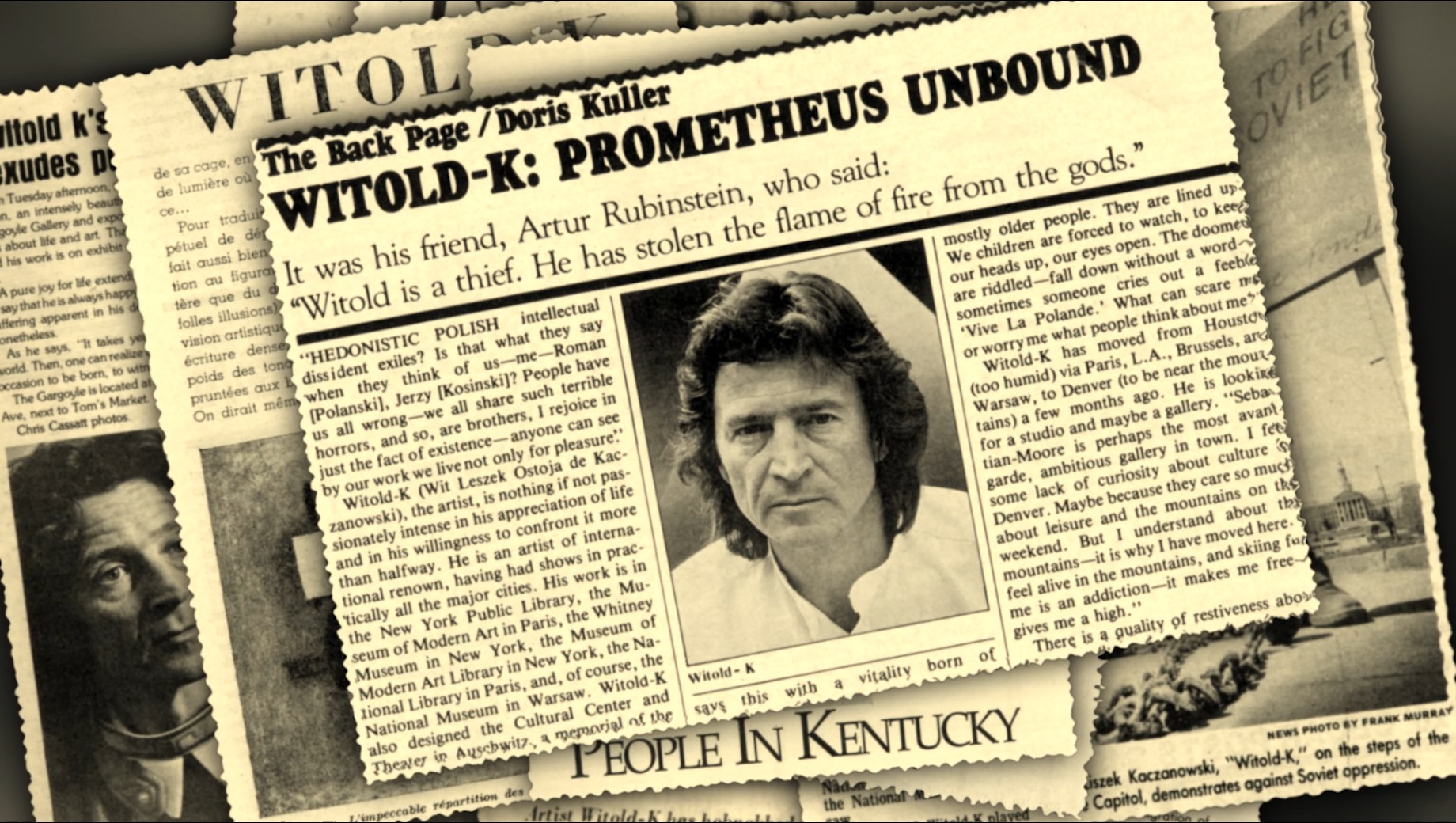
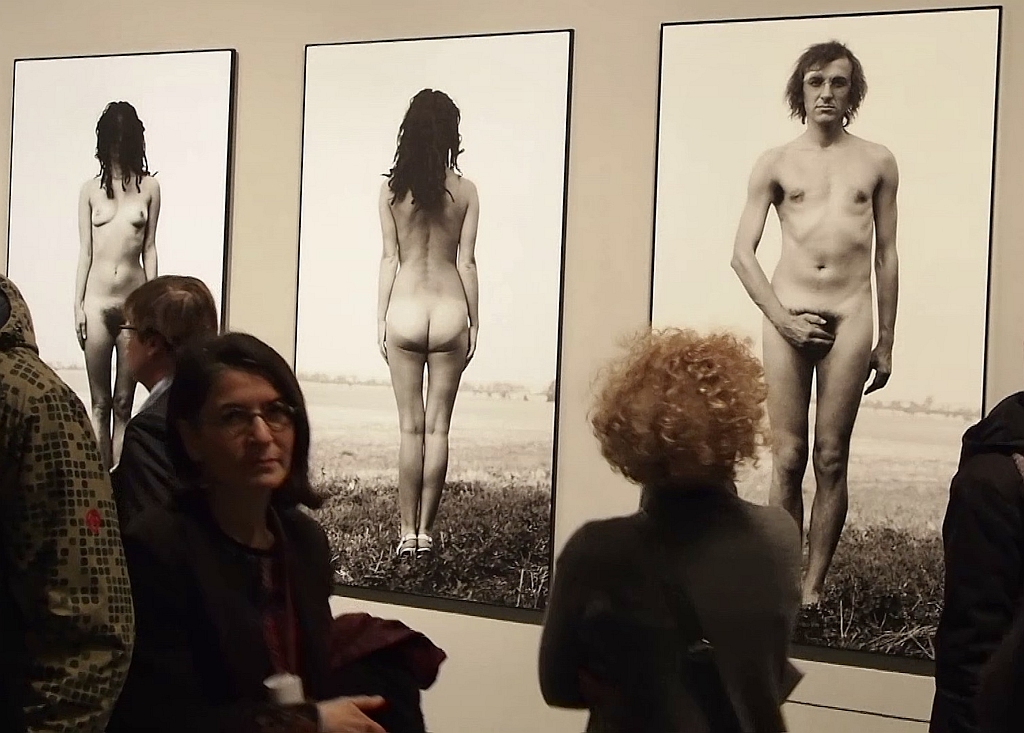
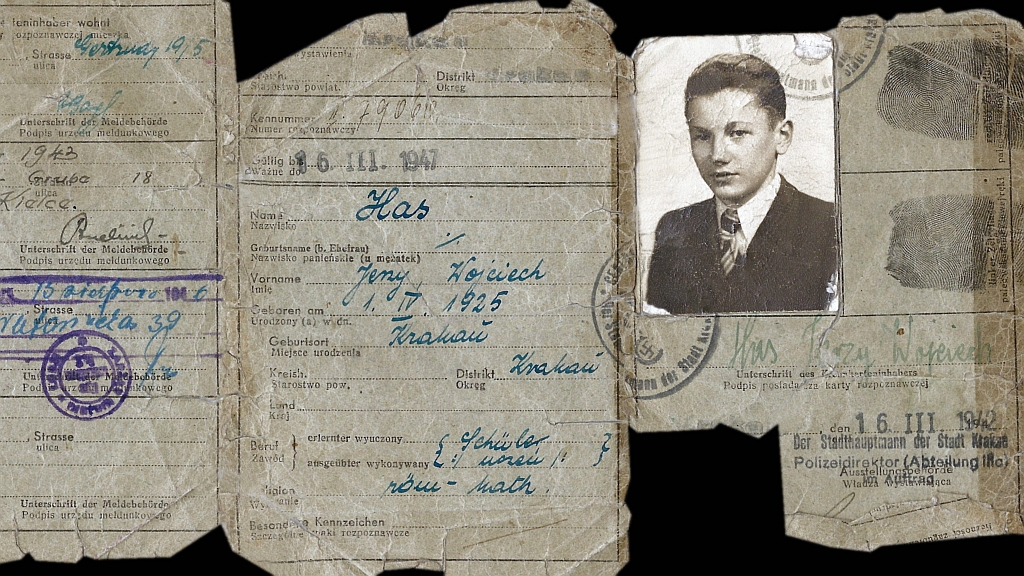
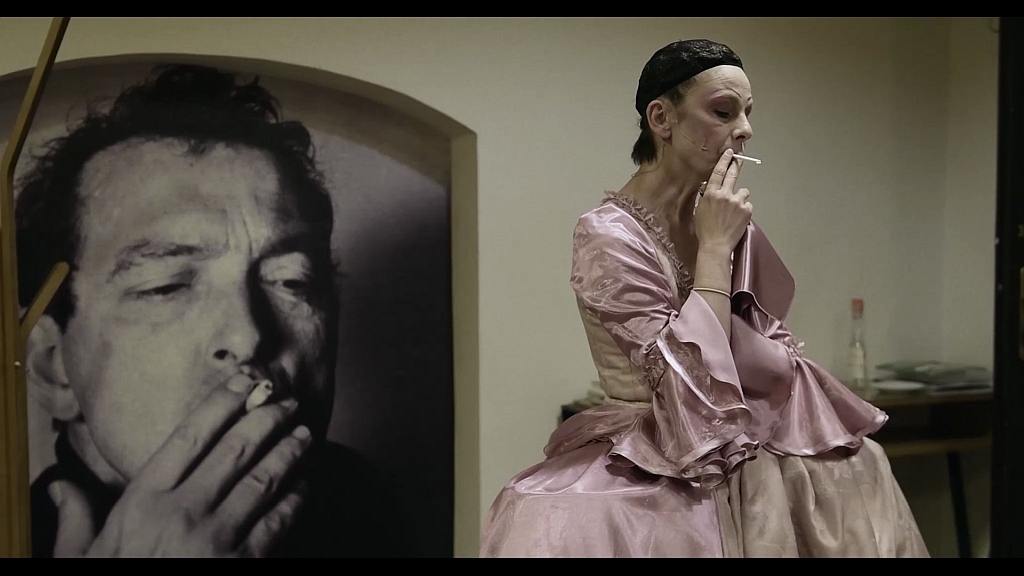
Polish Myth Makers
It is hard to imagine Polish fantasy without Maciej Parowski. He was an editor responsible for the success of several generations of writers. First, he oversaw the student weekly Politechnik, and then the cult magazine Fantastyka. It was there that the first texts by Andrzej Sapkowski, Marek S. Huberath, or Jacek Dukaj were published. To become an editor, he first had to kill the writer within himself. People from all over Poland sent their texts to him. If it weren’t for him, the fate of The Witcher or Tomasz Bagiński’s Oscar-winning Cathedral would not have been so certain. The documentary Fantastic Matt Parey (dir. Bartosz Paduch) is a history of Polish fantasy – from written word through comics to games.
Lodz Kaliska: Classic Artists of the Absurd presents a truly Monty Python-esque take on the history of Łódź Kaliska – one of the most outstanding avant-garde artistic groups in Poland, operating continuously for 44 years. The film features rich archival materials from the peak period of group’s artistic life, including footage from ground-breaking and controversial happenings and works that portrayed the absurdities of everyday life in communist Poland.
The mythical American dream becomes a reality for only a few. One of them is Witold Kaczanowski, one of the most famous Polish artists, who enjoys much greater fame abroad than in his home country. In the documentary On the Edge – Witold K. (dir. Jacek Knopp, Piotr Weychert), we get to know the two sides of the artist – a popular painter and an extraordinary man whose life was marked by great loss and the hardships of war.
The program of the Polish Documentary Panorama wouldn’t have been complete without featuring this bold and unconventional artist. Natalia LL – Art is like Love (dir. Andrzej Sapija) is a portrait of a woman who was not afraid to show sexuality and physicality in her work in a direct and undisguised way. She began with painting, but it was through photography that she gained fame and recognition. In collaboration with her beloved husband, also an artist, she created works that were shocking for the time. The film features the story of one of the most important contemporary artists in Poland, told by her loved ones, as well as theorists and curators from around the world.
POLISH DOCUMENTARY PANORAMA:
- Fantastic Matt Parey / Fantastyczny Matt Parey, dir. Bartosz Paduch, 77’, Poland, 2023
- Lodz Kaliska: Classic Artists of the Absurd / Łódź Kaliska: Klasycy absurdu, dir. Sławomir Grünberg, 90’, Poland, USA, 2023
- Mieczysław Jahoda. Wizard from Krakow / Mieczysław Jahoda. Sztukmistrz z Krakowa, dir. Wiktor Skrzynecki, 54’, Poland, 2023
- Between Picture and Sound. Jerzy Kucia / Między obrazem a dźwiękiem. Jerzy Kucia, dir. Maria Pisarek, 33’, Poland, 2022
- On the Edge – Witold K. / Na krawędzi – Witold K., dir. Jacek Knopp, Piotr Weychert, 83’, Poland, 2022
- Natalia LL – Art is like Love / Natalia LL – Sztuka jest jak miłość, dir. Andrzej Sapija, 79’, Poland,2022
- Description Found Years Later / Rysopis znaleziony po latach, dir. Sławomir Rogowski, Stanisław Zawiśliński, 62’, Poland, 2023
- The Old, dir. Magda Hueckel, Tomasz Śliwiński, 73’, Poland, 2023
The detailed program of the Festival will be announced mid-May on www.krakowfilmfestival.pl.
The Krakow Film Festival is on the exclusive list of qualifying events for the Oscars® in the categories of short film (live action, animated, documentary) and documentary feature, as well as a recommending event for the European Film Awards in the same categories.
The Krakow Film Festival is organised with the financial support of the European Union as part of the “Creative Europe” program, the City of Kraków, the Polish Film Institute, the Ministry of Culture and National Heritage, and the Lesser Poland Province. The co-organiser is the Polish Filmmakers Association, and the main organiser is the Krakow Film Foundation.
The 63rd Krakow Film Festival will be held in Kraków’s cinemas from 28 May to 4 June and across Poland at the KFF VOD online streaming platform between 2 and 18 June.